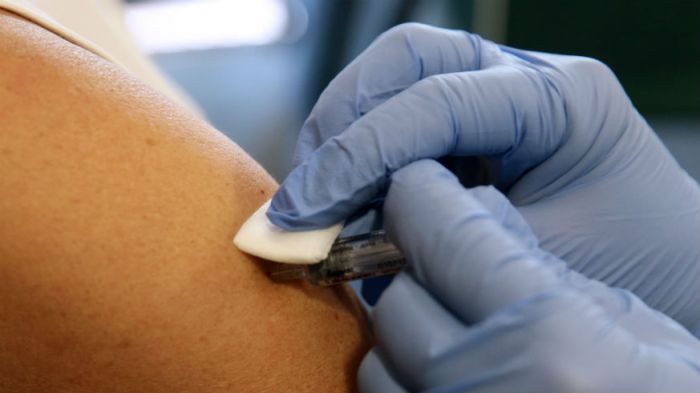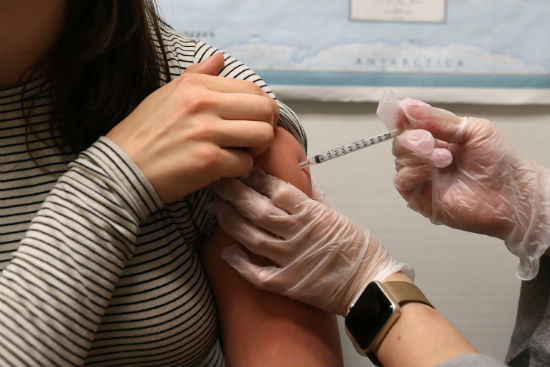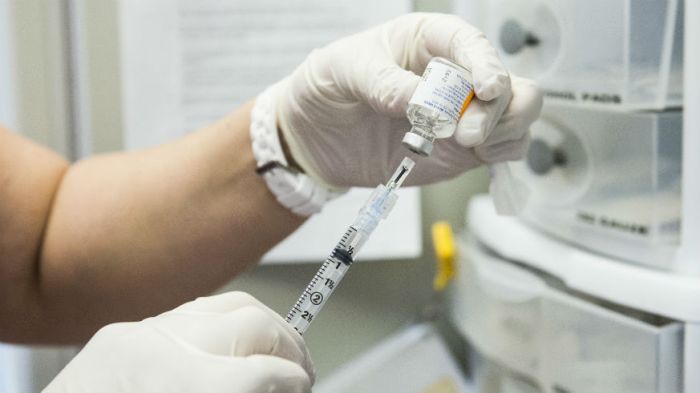A Boston man in his twenties with underlying health conditions is the first person to die this flu season due to complications from the influenza virus,the Boston Public Health Commission said Friday. Since the beginning of October, there have been 122 reported cases of influenza in Boston, resulting in 32 people being hospitalized, according to health officials..
“Each death due to seasonal influenza is a tragic loss for a family and for our community,” said Dr. Huy Nguyen, interim executive director of the Boston Public Health Commission. The health department did not identify the man, but called his death “a reminder for all Boston residents of the seriousness of influenza, especially in vulnerable populations.” According to a recent report by the Centers for Disease Control and Prevention, nationwide, deaths attributed to pneumonia and influenza has already reached the epidemic threshold. “It’s vital that everyone get vaccinated to protect themselves and to protect their loved ones,”Nguyensaid. Health officials are asking residents to get vaccinated, and said theflu vaccine is recommended for everyone six months of age and older. It must be given on an annual basis as circulating influenza strains change from year to year and last season’s vaccine protection wanes, according to health officials. The health department said ithas free flu shot vouchers that were donated by Walgreens as part an ongoing effort to increase vaccination rates in Boston. Residents can call the Mayor’s Health Line at 617-534-5050/Toll Free 1-800-847-0710 for more information. Certain populations, including the elderly, young children, pregnant women, and people with underlying health conditions, such as asthma, diabetes, and heart disease, are at greater risk of becoming seriously ill if they get influenza, according to health officials. Others that might not be at risk for severe illness themselves can still transmit the infection to vulnerable people.
Boston announces first flu death of 2014-2015 season

Reuters


















